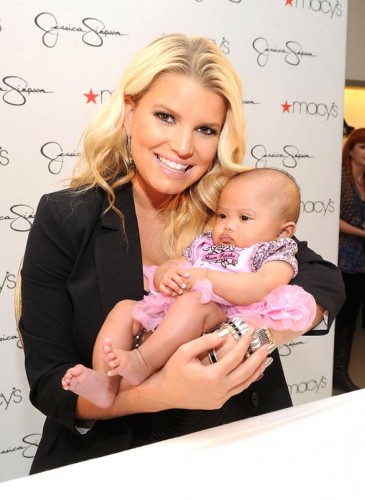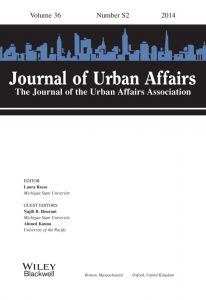Embodied Pregnancy and Weight Loss Fads
It often seems like we are bombarded with the words “diet,” “new weight loss regimen,” or “loose ten pounds instantly” when channel surfing or catching up with current events. As record high temperatures continue to be registered across the country, the media is not reluctant to remind us that fewer clothes and “summer bodies” require that extra twenty minutes on the treadmill, or even a whole new diet regimen. I am a big advocate for a healthy lifestyle and live by the motto of “everything in moderation.” However, with the amount of diet fads that are constantly thrown in our face and the constant reminders of what our bodies ought to look like, I find the pressure of conforming to the perfect body image to be deeply troubling. Nonetheless there is a bigger problem at hand: While obesity rates in America are on the rise, state officials like New York’s Mayor Michael Bloomberg have taken up the challenge to warn the public of the dangers of unhealthy amounts of food and drink (Ironically enough, this occurs while other public figures like Sarah Palin bring sugar cookies to school children with the message of keeping the government out of our refrigerators). Yet, every night, millions of Americans tune into watch weight loss shows like, The Biggest Loser, MTV’s I Used to Be Fat, and Extreme Makeover. This constant in-your-face reminder of weight issues has presumably led millions to turn their lifestyles around. However, when does reach the point of becoming unhealthy?
With all of this in mind, and this being the first piece that I am contributing to Sociology Lens, I found the topic of gendered notions of the body, expectations, and weight loss to be a suitable topic for discussion. What prompted me even more was a recent conversation with a longtime friend who confided in me the great amount of pressure she and other mothers are put under only months after giving birth. I thought this was especially interesting given the recent weight loss of superstar mothers like Jenifer Hudson, Beyonce Knowles, and Alessandra Ambrosio. My friend told me: “I look at Kourtney Kardashian and she lost all her weight in like two seconds! It’s frustrating because it takes a lot to lose the weight. They can hire trainers, eat the best food, hire caregivers so they can go to the gym a workout. But for real moms it’s not that simple.” Besides the help my friend mentions, add to the equation the benefits of the celebrity endorsement, such as the whopping $4 million contract with Weight Watchers that new mother Jessica Simpson has signed. The media has criticized Simpson for her deal, while constantly reminding the public of the amount of weight the pop star gained during her recent pregnancy.
So, why does this matter for sociologists? For research centered on embodiment and gender, pregnant women and their experiences have a lot to offer and contribute to our societal understandings of beauty, gender norms, and motherhood. For instance, Sally Johnson’s research on the pregnant body illustrates the ways women negotiate discursive constructions surrounding the pregnant body. How do these experiences change over time, and do they? Do first-time mothers experience pregnant embodiedment differently over the course of their life, as in when pregnant with their second, third, or even fourth child? How can an intersectional analysis of race, class and gender contribute to our understandings the ways mothers perceive their body during this joyous time of her life? How do such understandings and societal expectations contribute to unhealthy conceptualizations of bodies, and how can we overcome such dangers? While I recognize that I ask more questions, than offer solutions, the topic of weight loss and societal constructions is of special interest, especially during the rise of public awareness of obesity rates in America.
References:
Johnson, Sally. 2010. “Discursive Constructions of the Pregnant Body: Conforming to or Resisting Body Ideals? Feminism & Psychology 20(2):249-254.




1530-2415/asset/SPSSI_logo_small.jpg?v=1&s=703d32c0889a30426e5264b94ce9ad387c90c2e0)
1728-4457/asset/PopulationCouncilLogo.jpg?v=1&s=03074651676b98d6b9d0ef1234bd48fe7ff937c3)
Valuable information. Fortunate me I found your web site accidentally,
and I’m shocked why this accident didn’t happened earlier!
I bookmarked it.